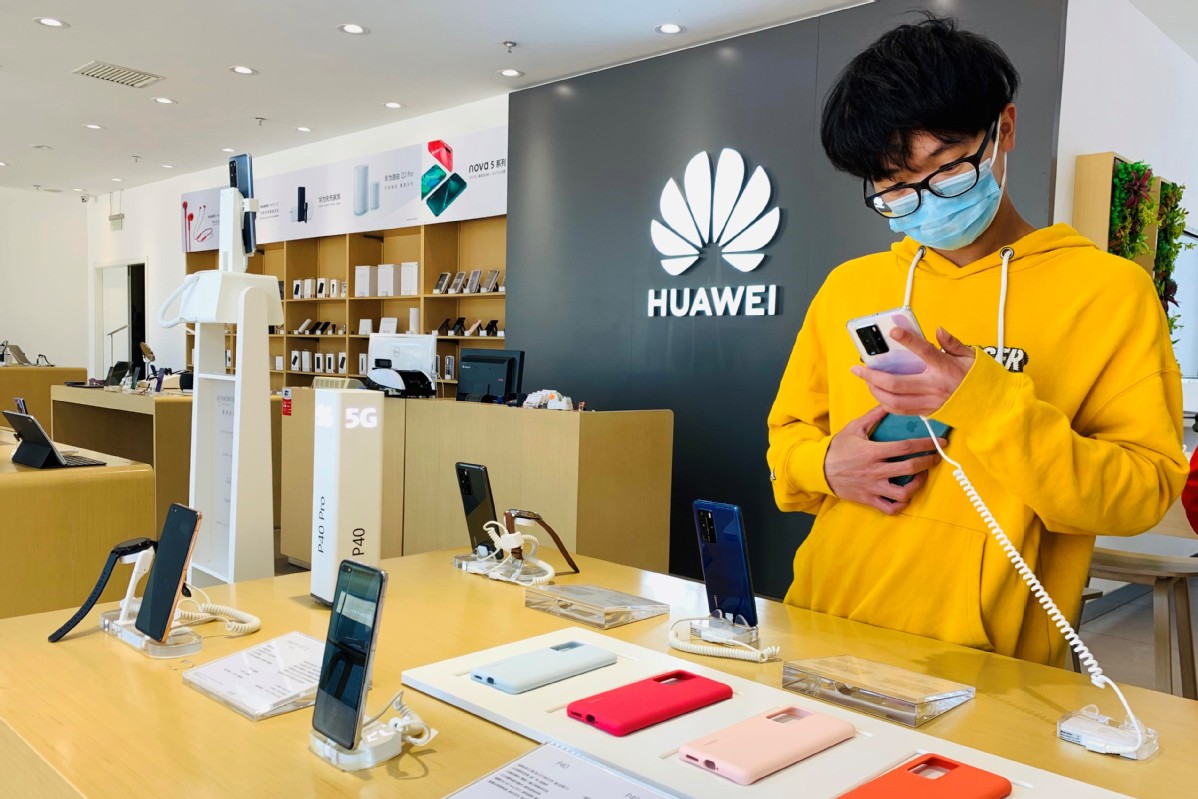Suppression of Huawei consequential: China Daily editorial


The latest control measures the United States Bureau of Industry and Security announced on Friday are meant to narrowly and strategically target Huawei's acquisition of semiconductors that are the direct product of certain US software and technology. It means that it will be impossible in the near future for Huawei to acquire any semiconductor or technologies related to US technology or design.
The new restrictions will also cut off Huawei's access to one of its major suppliers, Taiwan's chipmaker TMSC.
To cut a long story short, the United States wants to kill Huawei. In other words, the US believes it has every right to do whatever it wants to do.
This is the way the US, the world's sole superpower, behaves as far as its relations with the rest of the world are concerned. It has no compunction about bullying any country and it believes that no country should stand up to it.
However, the US cannot expect its unreasonable suppression of a Chinese company to have no consequences.
The Chinese Ministry of Commerce says that it strongly opposes the US move, calling the restrictions a brazen violation of market principles and damage to fair competition. It says such move poses a threat to the global industry chain and supply chain, and is detrimental to enterprises of both countries and other countries as well.
China will protect the rights and interests of its enterprises. Retaliatory actions on US companies can be expected, including adding some to China's Unreliable Entities List, which will cause further damage to the US' economy and that of the world.
That the unilateralism of the US is plunging the development of the world economy into a vicious circle is becoming increasingly evident.
The hardliners in the US political circle do not care that the world economy has already developed into an organic entity, within which countries rely on each other for economic development and social progress. Even the US relies on its cooperation with the rest of the world for its prosperity.
But the unilateralism and protectionism this US administration has practiced in recent years are undermining, even destroying, the very foundation for such cooperation.
Its continuous unreasonable suppression of Chinese enterprises has considerably increased the danger of its delinking with the world's second largest economy.
It is actually forcing China and its enterprises to make greater efforts to stand on their own and establish their own chain of manufacturing, supply and value with other countries. It will be hard for China but it is not unattainable.
The more unilateral the US is, the less possible it will be for it to become greater. It will only be the undoing of its supremacy.
































